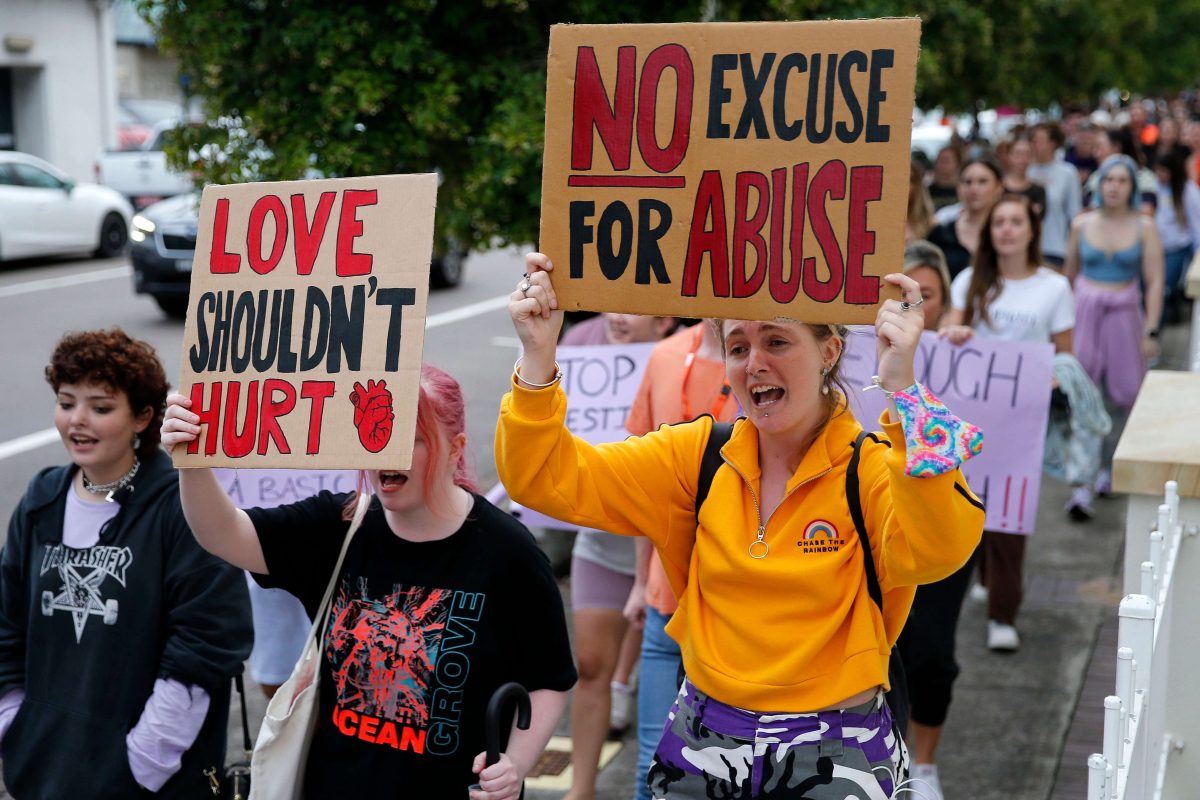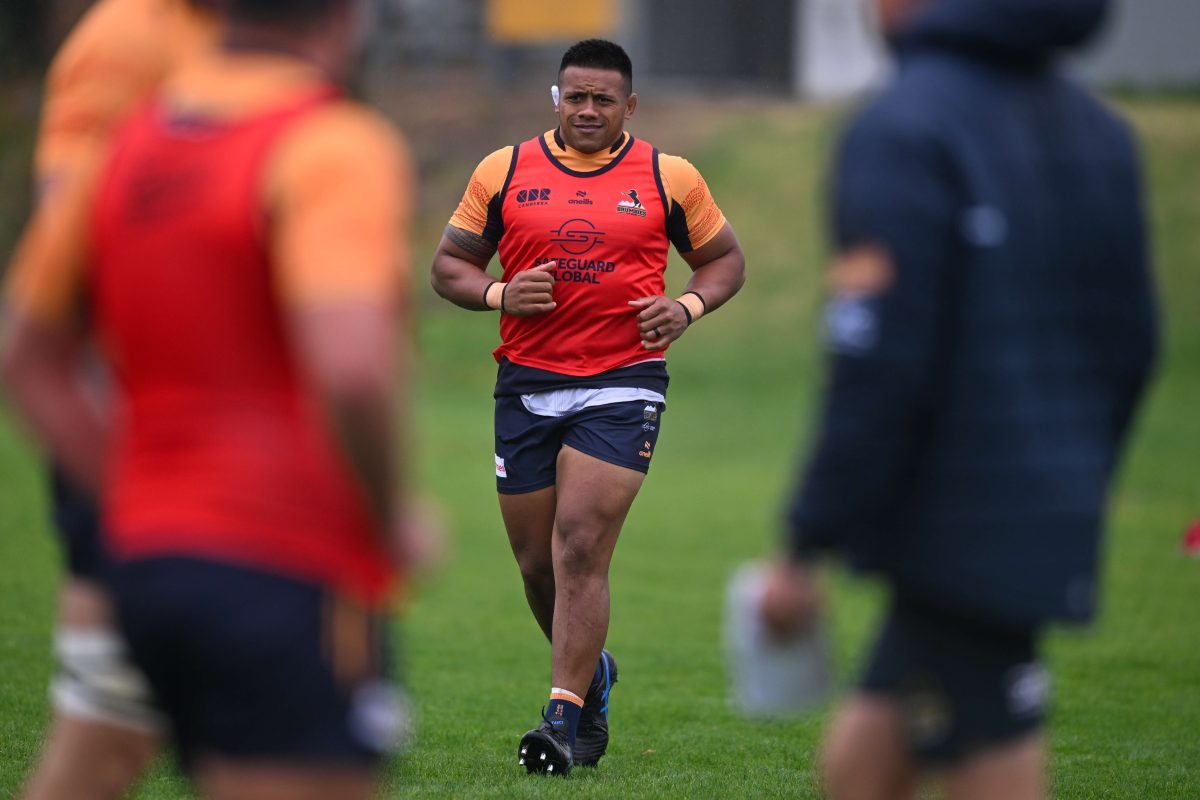THE opening concert for the 20th CIMF would have been very enjoyable except that I, presumably along with many other “single concert” ticket holders, were sent up to the gallery of the Albert Hall, where the acoustic is so muffled the music sounds like it’s coming from another room altogether.
We in the bleachers had to sit very still and listen very carefully because even the slightest rustle of a page in the (quite informative) program or a creak of the ageing theatre seats sounded like a crashing cymbal compared to the music that found its way to our ears.
Even the speeches and festival director Chris Latham’s otherwise interesting and, at times, moving pre-concert talk were hard to hear, mainly because the PA speakers installed in the gallery did not seem to be working.
That aside, we were treated to a very wide variety of music in many artistic configurations from a full orchestra and choir ensemble, to solo piano, to harp and flute, to piano and singers, and even a piano piece for six hands (even though we in the bleachers could not see the piano or the harp and could only just see the heads of the singers and flautist).
The generally quite introspective program covered music composed over several centuries from Bach and Handel to Puccini and the extraordinary Finnish composer, Rautavaara. Nearly all of the music played had some connection with the two world wars – either composed or played during that time, often in concentration camps or other tragic conditions. At times it was joyous, even playful and dancing, but often it was evocative of the horrors of war and the terror of death.
A virtual cavalcade of artists presented the 14 items on the program (with no applause until the end), including the Wallfisch Band, several pianists and singers, harpist Alice Giles, flautist Kate Clark, who played beautifully on a wooden flute, the Song Company and the Woden Valley Youth Choir. Chris Latham and Roland Peelman took turns conducting where necessary. Latham’s conducting of the arrangement for strings of Rautavaara’s “Agnus Dei” produced a sound so gentle and expressive that wiping a tear was inevitable. Stage management was exceptional, with so many artists entering and leaving.
Special mention is made of the period instruments used for some of the pieces, including gut-strung violins, natural trumpets and baroque oboes. The trumpeters in particular, made a good fist of the Bach cantata at the end of the concert, although, in the bleachers, the piece generally sounded somewhat laboured and stilted.
The audience demanded the programmed encore, a most delightful song, somewhat incongruous to the rest of the program, “What Does the Little Birdie Say?” from “Querela Pacis” by the Slovakian composer Vladimír Godár, written in 2009.
Some thought needs to be given to the viability of the Albert Hall gallery for future concerts. I know it’s important to fill the house, but when the sound becomes so compromised it does not leave good impression.
Chris Latham’s last CIMF program looks like his best yet. He will leave Pro Musica with a wonderful legacy and big shoes to fill (for the next director, Peelman) but a great future. I look forward to the rest of this quite remarkable festival.
[Photos by Peter Hislop]
Who can be trusted?
In a world of spin and confusion, there’s never been a more important time to support independent journalism in Canberra.
If you trust our work online and want to enforce the power of independent voices, I invite you to make a small contribution.
Every dollar of support is invested back into our journalism to help keep citynews.com.au strong and free.
Thank you,
Ian Meikle, editor




Leave a Reply